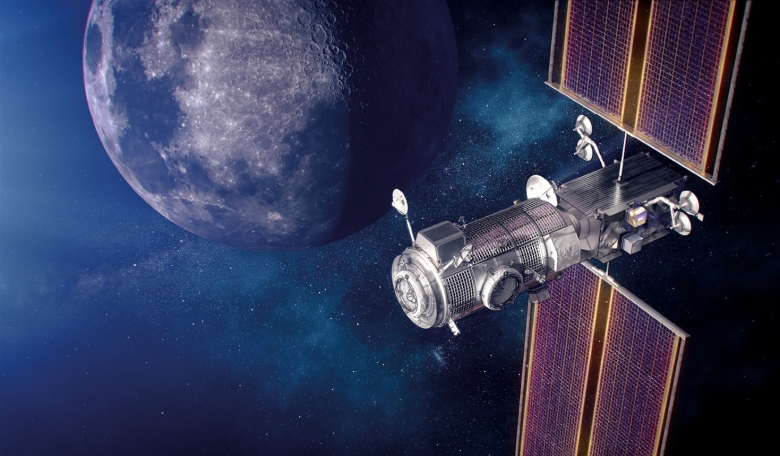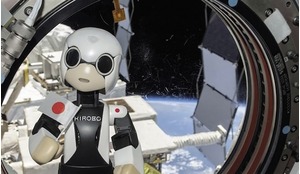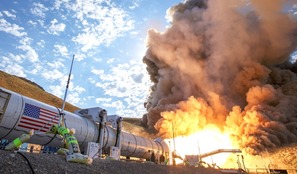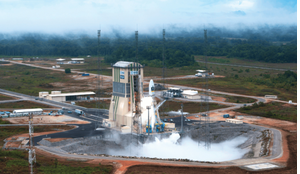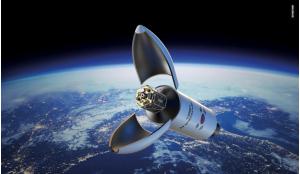The ‘Artemis Accords’ - a series of principles and processes whereby NASA and space agencies from other countries can agree a common set of principles covering how the Moon is to be explored and its resources utilised - was revealed in May 2020. Sanat Kaul looks at what they are in the context of other international agreements, why NASA needs them and whether they will go far enough.
More than 50 years since Neil Armstrong and Buzz Aldrin set foot on the lunar surface, the United States is finally going back and this time it will be alongside a group of like-minded partners. The Artemis Accords concept for landing, living and mining the Moon sets out a framework for this new era of exploration which also lays the groundwork for a future human visit to Mars in the 2030s.
Rather than go it alone, NASA is seeking to sign bilateral accords with national space agencies from other countries under the guiding principles of a “safe, peaceful and prosperous future” for development on the Moon.
The practical planning for this is encompassed by the Artemis programme. In Greek mythology Artemis was the twin-sister of Apollo, so the name is a neat link back to the original Moon landing programme. In contrived acronym speak, that only an organisation like NASA could come up with, Artemis stands for ‘Acceleration, Reconnection, Turbulence, and Electrodynamics of the Moon’s Interaction with the Sun’.





